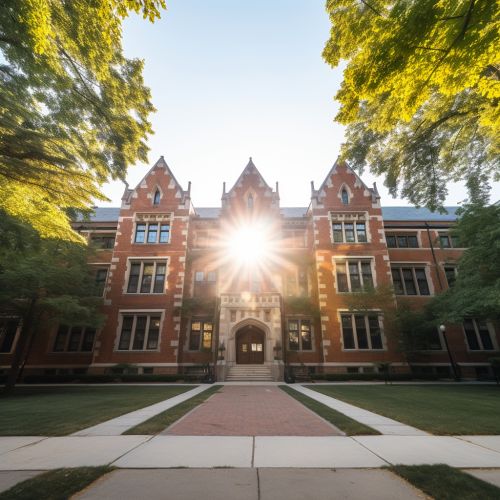Charles Kowal
Early Life and Education
Charles Thomas Kowal was born on November 8, 1940, in Buffalo, New York. He developed an interest in astronomy at a young age, which led him to pursue his studies in this field. He received his Bachelor of Science degree in Astronomy from the University of Michigan in 1961.


Career
After graduation, Kowal started his career at the Mount Wilson and Palomar Observatories, where he worked as an assistant to the astronomers. He was involved in the observation and discovery of several celestial bodies, including comets, asteroids, and satellites of the outer planets.
In 1968, Kowal joined the California Institute of Technology's (Caltech) Jet Propulsion Laboratory (JPL). At JPL, he was part of the team that developed the Infrared Astronomical Satellite (IRAS), which was launched in 1983.
Discoveries
Kowal is best known for his significant contributions to the field of astronomy, particularly in the discovery of celestial bodies. His most notable discoveries include the Centaur asteroids Chiron and Pholus, and the Trans-Neptunian object Quaoar.
Chiron
In 1977, Kowal discovered Chiron, the first-known Centaur asteroid. Chiron orbits the Sun between Saturn and Uranus, and it was the largest known asteroid of its kind until the discovery of Eris in 2005.
Pholus
In 1992, Kowal discovered another Centaur asteroid, Pholus. Like Chiron, Pholus orbits between Saturn and Uranus. However, Pholus has a more eccentric orbit and is notable for its red color, which is thought to be due to organic compounds on its surface.
Quaoar
In 2002, Kowal discovered Quaoar, a Trans-Neptunian object located in the Kuiper Belt. Quaoar is one of the largest known objects in the Solar System, and its discovery has significant implications for our understanding of the formation and evolution of the Solar System.
Awards and Honors
Kowal's contributions to astronomy have been recognized with several awards and honors. In 1979, he received the American Astronomical Society's Dannie Heineman Prize for Astrophysics. In 1980, the International Astronomical Union (IAU) named asteroid 2060 Chiron in his honor.
Personal Life and Death
Kowal was married and had two children. He passed away on November 28, 2011, in San Diego, California.
Legacy
Charles Kowal's discoveries have significantly advanced our understanding of the Solar System. His work continues to influence the field of astronomy, particularly in the study of Centaur asteroids and Trans-Neptunian objects.
